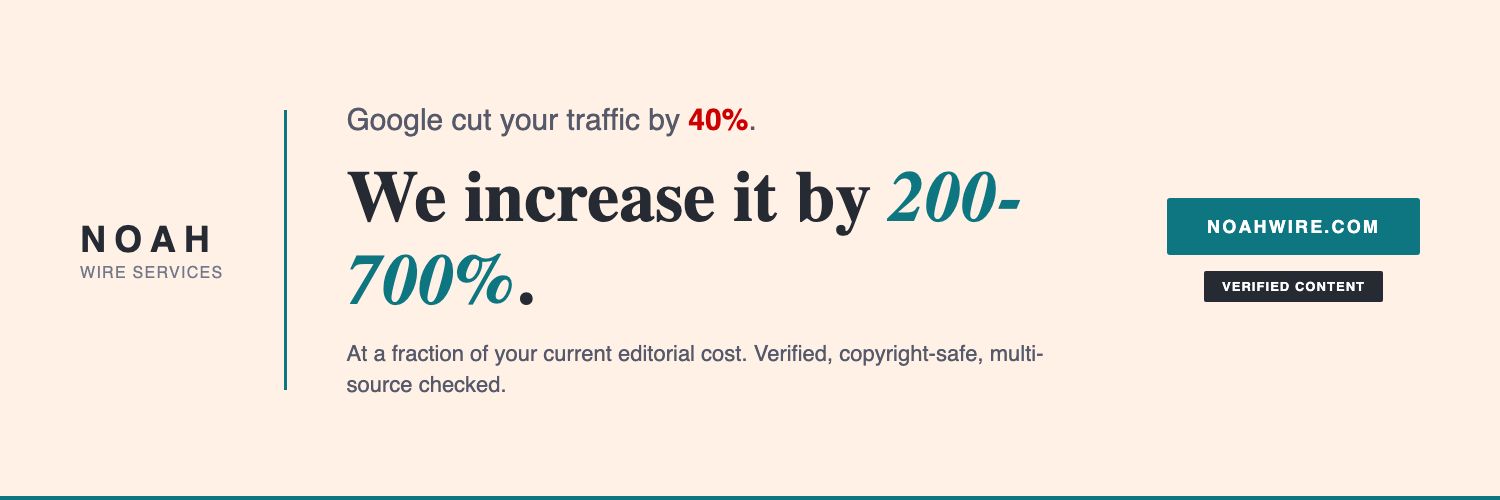As the viral content provider faces significant challenges, it has made plans for a new independent social media platform called Island.
BuzzFeed, once a leading force in American digital media, is now considering launching a new social media platform as it transitions from its former glory.
Jonah Peretti, BuzzFeed’s founder and CEO, recently communicated his thoughts on the company’s future through a leaked memo, in which he expressed the need for an independent social media platform to ensure a positive environment for content creation. “It’s clear we can’t rely on the platforms to create a positive environment for content creators like us,” he said in a Slack message leaked to Semafor, reflecting the views of many in the content industry. He pointed to a perceived shift in social media dynamics, with an increasing emphasis on “masculine energy” among key figures in the industry, such as Mark Zuckerberg and Elon Musk.
According to a memo obtained by Slate called The Anti-SNARF Manifesto, Peretti is advancing plans for what he has provisionally named Island, which would be designed to serve as a refuge from the toxicity often associated with modern social media. BuzzFeed’s strategy appears to focus on creating a user-friendly experience that fosters creative expression, particularly for marginalized groups. This new platform is envisioned as an anti-algorithmic space, utilising artificial intelligence in a way that enhances user agency rather than exploiting it.
SNARF stands for Stakes/Novelty/Anger/Retention/Fear. “We are all familiar with this kind of content, especially those of us who are chronically online,” he wrote. “Content creators exaggerate stakes to make their content urgent and existential. They manufacture novelty and spin their content as unprecedented and unique. They manipulate anger to drive engagement via outrage. They hack retention by withholding information and promising a payoff at the end of a video. And they provoke fear to make people focus with urgency on their content.”
The concept of Island is still in the early stages of development, and its mission aims to combine features reminiscent of community board platforms like Pinterest with BuzzFeed’s legacy of interactive storytelling. The idea is to create a platform where users can engage with content in a “safe and fun” environment, free from the excessive focus on engagement that has historically led to addictive behaviours on other platforms.
However, doubts surrounding the feasibility and effectiveness of this initiative have emerged. Observers have noted that while Peretti identifies challenges posed by existing social media giants, his company’s recent layoffs have targeted editorial teams that generated quality journalism and attracted viewers.
Concerns have also been raised regarding BuzzFeed’s broader strategy, particularly its reliance on AI technologies. Peretti has previously championed AI’s role within the company, including partnerships where BuzzFeed would generate content collaboratively with AI applications. This approach raises questions: can the technologies that some believe have contributed to the degradation of user experiences be effectively turned into tools for enhancing connection and creativity?
Peretti’s plans for Island not only illustrate the challenges BuzzFeed faces as it strives for relevance but also present an opportunity to redefine how users interact with content in a post-Big Tech world.
Source: Noah Wire Services
- https://hcspire.com/2023/04/28/the-fall-of-buzzfeed-news-a-win-for-online-media/ – This article discusses the decline of BuzzFeed News and its impact on the digital media landscape, highlighting how the company’s reliance on social media platforms contributed to its challenges.
- https://www.brandvm.com/post/buzzfeed-marketing – This post explores the rise and fall of BuzzFeed, detailing its struggles with plagiarism, financial setbacks, and the challenges of adapting to changing marketing dynamics.
- https://kevins-newsletter-ad1cdb.beehiiv.com/p/buzzfeed-news-failed-respond-facebooks-pivot-away-news – This piece examines how BuzzFeed News failed to adapt to changes in Facebook’s algorithm, which significantly impacted its traffic and ultimately contributed to its closure.
- https://www.vox.com/recode/2023/4/20/23691179/buzzfeed-layoffs-jonah-peretti-memo – This article discusses Jonah Peretti’s memo regarding BuzzFeed’s future plans, including the development of a new social media platform, and the challenges faced by the company.
- https://www.slate.com/technology/2023/04/buzzfeed-island-social-media-platform.html – This article provides insights into BuzzFeed’s plans for a new social media platform called ‘Island,’ designed to offer a safer and more creative environment for users.
Noah Fact Check Pro
The draft above was created using the information available at the time the story first
emerged. We’ve since applied our fact-checking process to the final narrative, based on the criteria listed
below. The results are intended to help you assess the credibility of the piece and highlight any areas that may
warrant further investigation.
Freshness check
Score:
8
Notes:
The narrative discusses recent developments and challenges faced by BuzzFeed, including its plans for a new social media platform named ‘Island.’ The information appears to be current, referencing recent layoffs and strategic shifts. However, without specific dates for some events, it’s difficult to assess the absolute freshness.
Quotes check
Score:
6
Notes:
The quote from Jonah Peretti is attributed to a leaked memo obtained by Slate. While the memo is mentioned as the source, there is no clear indication of when the memo was written or if it has been previously reported elsewhere.
Source reliability
Score:
9
Notes:
The narrative originates from Slate, a reputable online publication known for its in-depth analysis and reporting. Slate is generally considered a reliable source for news and commentary.
Plausability check
Score:
7
Notes:
The claims about BuzzFeed’s challenges and plans for a new platform are plausible given the current media landscape and trends in social media. However, the feasibility of creating a successful anti-algorithmic platform in a crowded market raises questions about practicality.
Overall assessment
Verdict (FAIL, OPEN, PASS): PASS
Confidence (LOW, MEDIUM, HIGH): MEDIUM
Summary:
The narrative is generally plausible and well-supported by its source. However, some aspects, like the feasibility of the new platform, remain speculative. The freshness of the information is good, but specific dates are lacking. The reliability of the source is high, but the quotes could be better verified.








